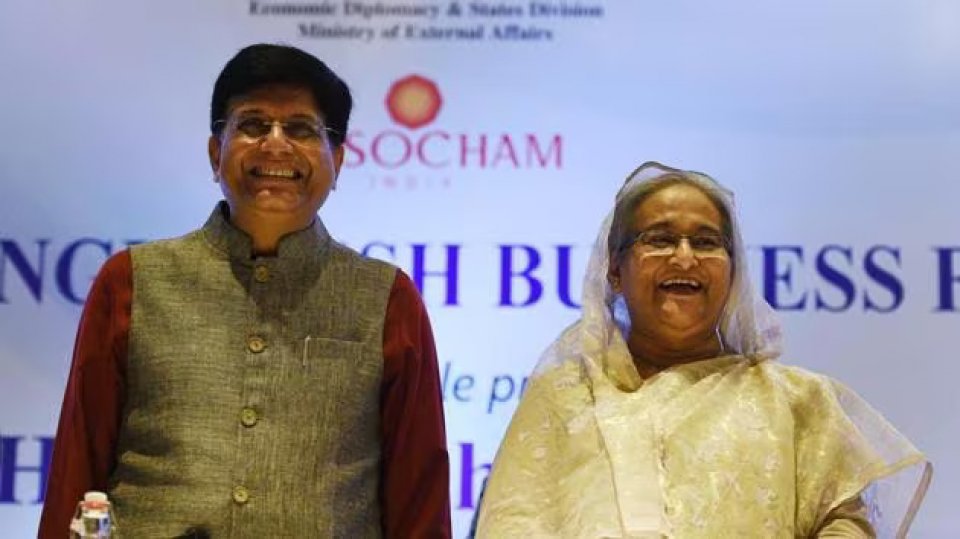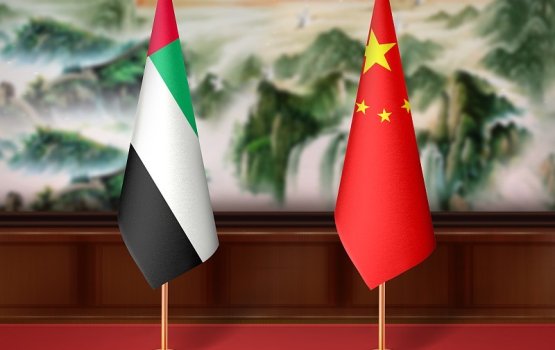Indian companies have increased their investments in Bangladesh in recent years, recognising the country's growing economy and strategic location.
Bangladesh boasts a stable economic growth rate and a large young population, attracting Indian investors seeking new markets. Its proximity to India makes it a gateway to Southeast Asia, offering logistical advantages.
Indian companies have actively invested in Bangladesh across sectors such as power, textiles, and pharmaceuticals. These investments contribute to economic growth and job creation in both countries.Energy is the biggest recipient of Indian investments, with companies like Reliance (Meghnaghat power plant), Adani (coal-fired power plant & proposed solar/hydro projects), and NTPC (cross-border electricity trade) making significant contributions.
Established players like Tata Motors, Hero MotoCorp, Sun Pharma, Godrej, and CEAT Tyres have set up or are establishing manufacturing facilities in Bangladesh.
Guru Kashi University aims to establish a local campus, reflecting interest in Bangladesh's education sector. The Bangladeshi government actively promotes foreign investment through tax breaks, land allocation, and streamlined procedures.
Joint ventures between Indian and Bangladeshi companies have contributed to economic growth and job creation.
Reliance Industries Limited (RIL), an Indian multinational conglomerate, has been making significant investments in Bangladesh in recent years. Their primary focus has been on the country's energy sector, particularly natural gas and power generation.
In 2019, Reliance Power signed a 22-year power purchase agreement with the Bangladesh Power Development Board (BPDB) to supply electricity from the Meghnaghat plant. This marked the first major investment by an Indian company in Bangladesh's power sector.
Reliance Bangladesh LNG & Power Limited, a wholly-owned subsidiary of RIL, is developing a 758-megawatt (MW) gas-fired combined cycle power plant at Meghnaghat near Dhaka. The project, estimated to cost around $1 billion, is expected to be completed by 2024.
RIL has also expressed interest in investing in other sectors in Bangladesh, such as retail, telecom, and petrochemicals. However, there have been no concrete announcements regarding these potential investments yet.
Overall, Reliance's investments in Bangladesh are seen as a positive development for the country's economy. They are expected to create jobs, boost foreign direct investment (FDI), and help meet the growing demand for energy. (Daily Sun)






